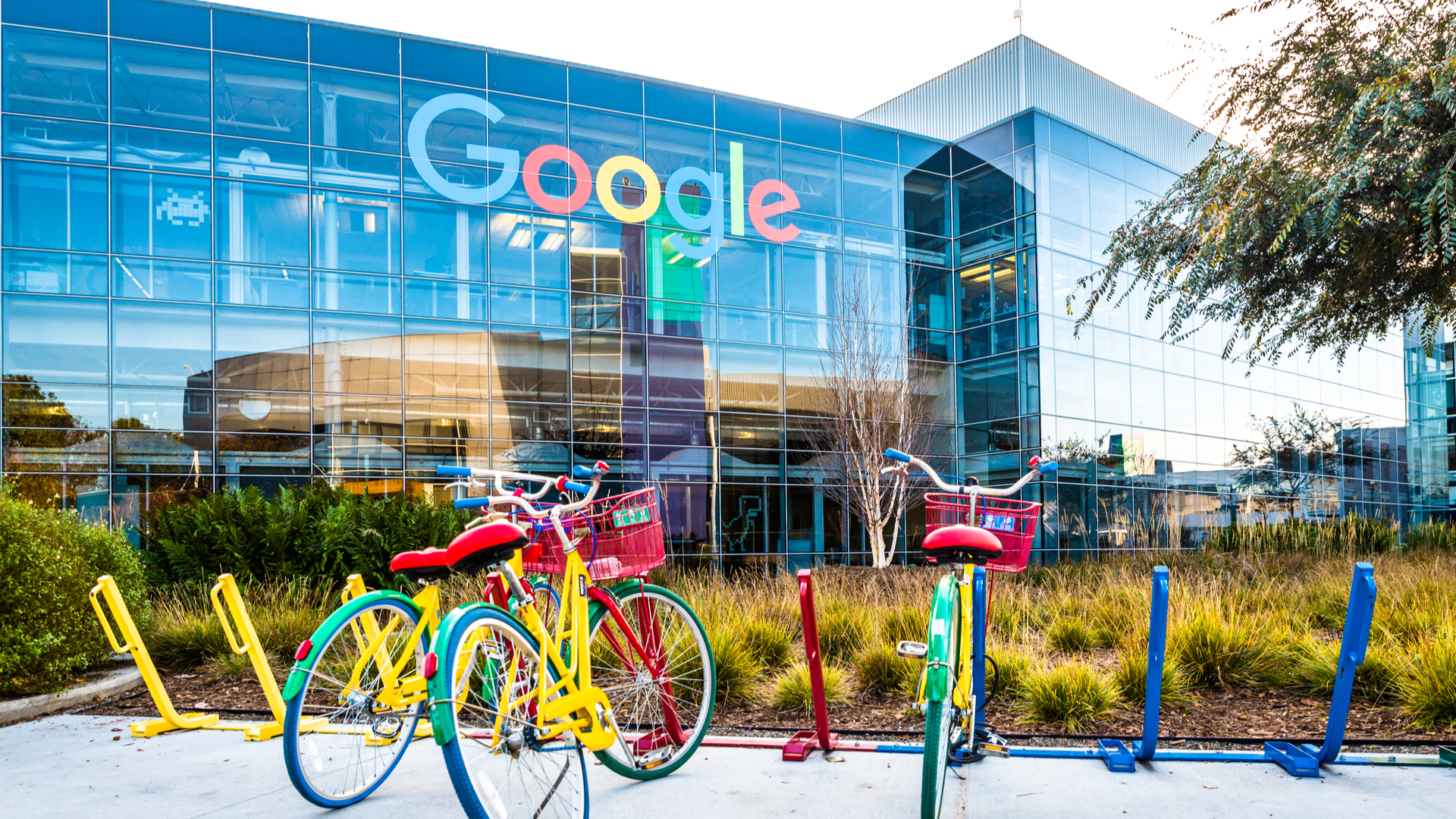Google has agreed to pay a $90 million settlement following a legal dispute with a group of US app developers.
The San Francisco-based lawsuit, as originally reported by Reuters, concerns allegations that the tech giant used its agreements with smartphone makers as well as “technical barriers and revenue sharing agreements” to close off its Google Play app ecosystem, forcing developers to pay a hefty 30% commission fee on transactions.
The sum committed by Google is set to be funnelled into a fund to support US developers that earned below $2 million from Google Play each year from 2016 to 2021.
What happens now?
If the settlement is approved, each of the qualifying developers will be given a minimum pay-out of $250, but the figure could be much larger.
“Today, nearly 48,000 hardworking app developers are receiving the just payment they deserve for their work product – something Google sought to profit from, hand over fist,” said Steve Berman, co-founder of Hagens Berman, the law firm representing the complainants.
“Under the settlement agreement we’ve built, some class members will likely see payments in the hundreds of thousands of dollars, upwards of $200,000 or more,” he added.
Google’s not just paying out money, however, it is also dropping its app commission rate from 30% to 15% for the first $1 million in annual revenue earned via the Play Store.
In blog post (opens in new tab) on its website, Google also said that it is revising its Developer Distribution Agreement to make it clear that developers can continue to use contact information obtained in-app to communicate with users out-of-app, including about subscription offers or lower-cost offerings on a rival app store or the developer’s website.
Google is not the only big tech firm to be hit with fat fines as the result of its control over the developer ecosystem, as mobile app development seems to be a field filled with legal issues.
An antitrust case levied by iOS developers forced Apple to pay over $100 million, alleging Apple has a monopoly on iOS apps and was forcing developers to pay a 30% cut. This case was also handled by the same law firm.





